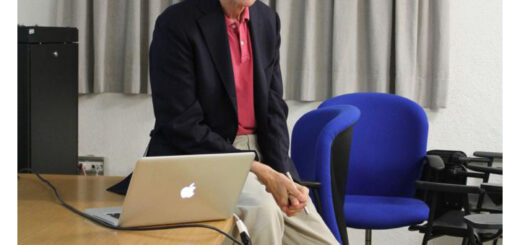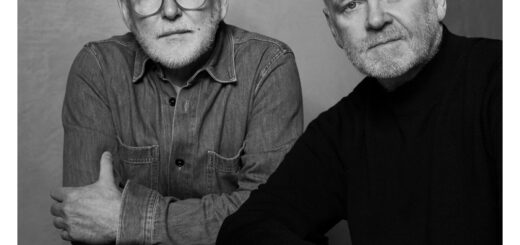Mysteries of the Liver in Art and Medicine with Prof. Thomas M. van Gulik
The Talmud teaches us that neither man nor beast can survive without a liver. In his lamentations, Jeremiah laments, “My eyes are tired of weeping, my intestines are burning, my liver has been spilled over the earth.” In Greek mythology, the liver was considered to be the seat of life for both gods and humans. It is said that Prometheus, who was punished by Zeus for giving mankind the Olympic fire, had his liver eaten daily by an eagle. However, it is also said that his liver grew back every night. It would seem that the Greeks did not fully comprehend the regenerative properties of the liver, yet they were able to encapsulate its essence symbolically. Similarly, it is thought that Etruscan oracles could ‘read’ the future in a sheep’s liver. In art, the suffering of Christ is often depicted with a wound on the right side, which is where the liver is located. This symbolism is thought to represent the duality of salvation, associated with the qualities of good and evil. “Indeed, it would appear that the right side was chosen in order to fulfil the prophecy of the Old Testament.” All of this is documented in the book “Prometheus and the Liver through Art and Medicine”, a fascinating multidisciplinary publication co-authored by Thomas M. van Gulik, a highly esteemed hepatobiliary surgeon and researcher globally, who is currently Professor Emeritus of Surgery at the Amsterdam University Medical Center in the Netherlands. We are honored to have him as our guest for this remarkable episode.
You are warmly invited to join us for an enlightening session with Professor van Gulik. We will have the privilege of learning from him about liver resection and regeneration, as well as exploring other wonders of the human liver and the latest advances produced by science.
From ancient times, the myth of Prometheus has held a special place in the collective imagination. From the humours of Hippocrates to Vesalius, the story has continued to resonate, inspiring scientists and artists alike. As Professor van Gulik notes, the tale reminds us of the regenerative power of the liver and the enduring significance of Prometheus’ fate in motivating us to advance, create and serve humanity.
The book ‘Prometheus and the liver; through art and medicine’, is available as free e-book at
library.oapen.org/handle/20.500.12657/53539
The story of the Etruscan oracles has now also been published online by Hektoen International:
*The following link would make it easier for listeners to read the reference.
Prof. Thomas van Gulik’s academic profile:
https://researchinformation.amsterdamumc.org/en/persons/thomas-van-gulik




